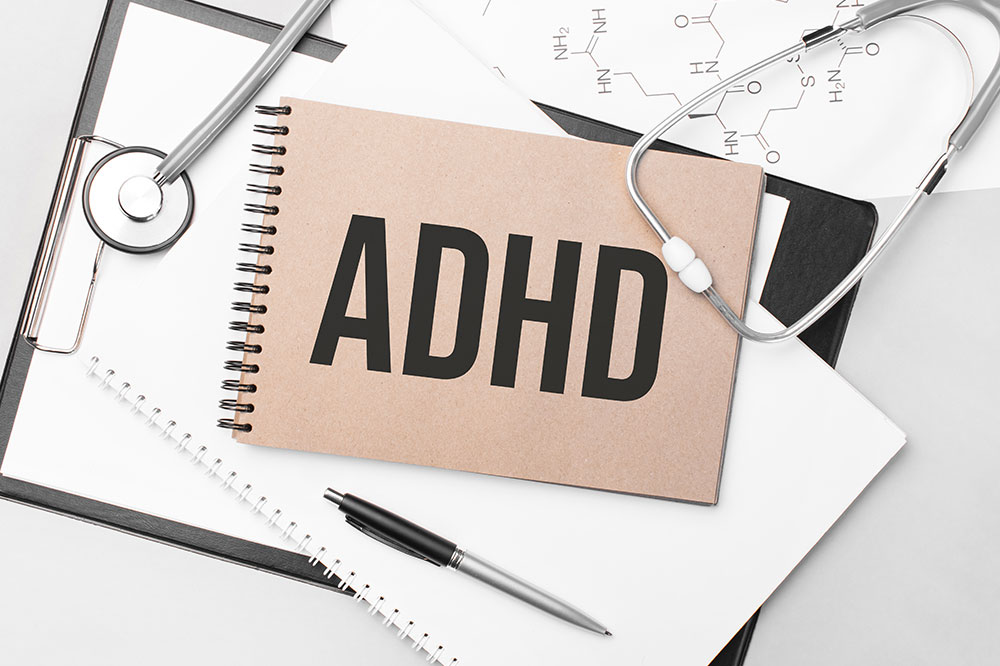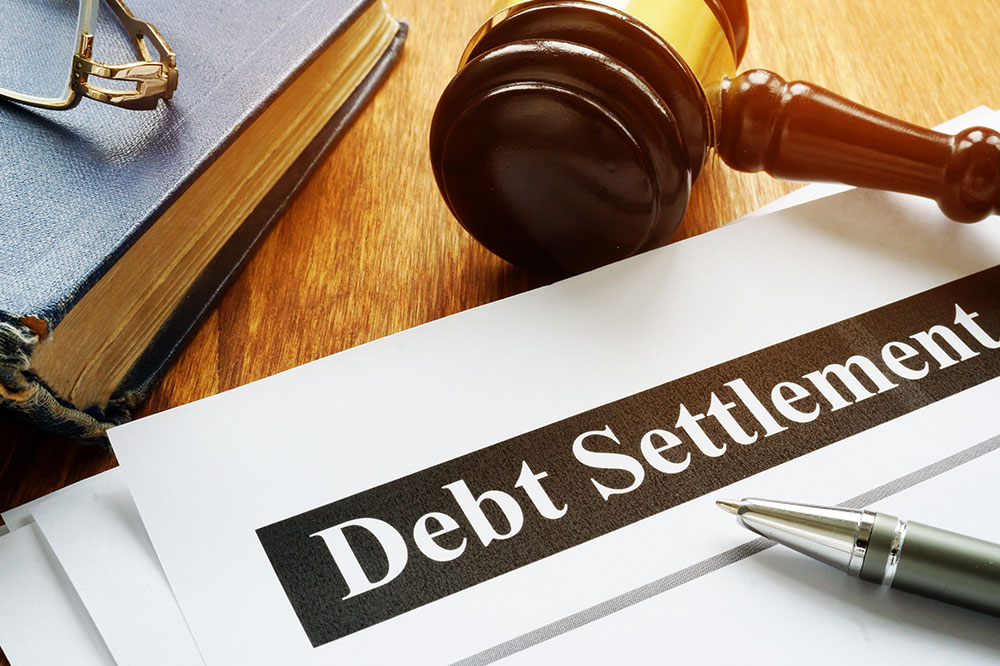5 mistakes to avoid when paying off debt

When trying to reduce or pay off debts, one may want to rush the process without understanding the risks involved. However, this can lead to mistakes in managing and clearing debt. Some of these lapses can even increase the debt burden. So, whether one is trying to pay off credit card bills or loans, one should avoid the following common mistakes. This can help them manage debt properly and ensure a financially safe future.
1. Ignoring the emergency fund
When setting a budget to get out of debt, one should not ignore adding to the emergency fund. Continuing to allocate some money for emergency funds while still struggling to pay off debts may seem impractical. However, these funds can be life-saving in unforeseen events, like a medical emergency. Further, if faced with an urgent need, the lack of funds can make one borrow even more money to cover emergency expenses, thereby increasing the overall debt burden. So, to avoid such a situation, one must ensure that they continue to set aside some money each month for emergencies, even while managing debt.
2. Closing credit cards after settling dues
When one is done paying off their credit card debt, they might be tempted to close that card. However, this would be a mistake. This is because one’s credit score is heavily dependent upon how long they continue to have a credit account. So, if they cancel a credit card that has been active for a long time, their credit score will be impacted negatively.
3. Not saving for retirement
After one retires, the savings and investment options one planned for earlier will be all one has to ensure their financial security. So, just like emergency funds, retirement savings also should not be ignored while paying off debts. One must continue to plan for retirement and invest money into retirement savings, even if it means one has a little less money for debt repayment each month.
4. Not asking for help
When in debt, one may want to put off asking friends or family for help. But, as debt can get overwhelming, getting some assistance and advice may help. Alternatively, one can even reach out to non-profit organizations that offer credit counseling and recommend methods for managing their debt. Nevertheless, in such situations, it is better to keep a friend or a family member informed so they can provide support when necessary.
5. Not tracking expenses
One of the most common mistakes to avoid making when paying off debts is controlling their spending. This is because if one continues to spend excessively without setting a budget, they may find it hard to cover basic monthly expenses, and this would make it even harder to pay off their debt. So, to completely eliminate the burden of debt, one should start by changing their spending habits, creating a budget, and sticking to it. Until the debt is paid off, one must ensure that they are only spending their money where absolutely necessary. A budget will help them keep track of all expenses and see which ones can be avoided to leave more money for debt repayment.






